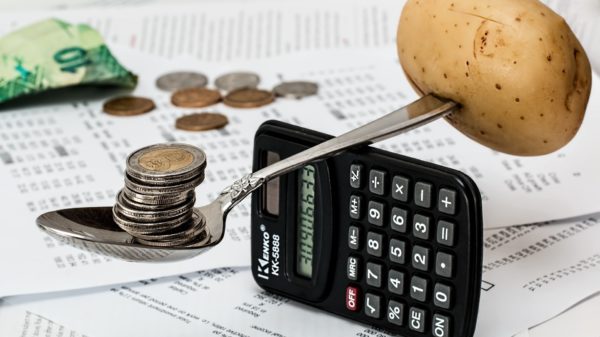CAN THE BUDGET SAVE US?

Whereas what is being witnessed in the financial markets and consumer trends is expected, the
crises occasioned by COVID-19 presents a unique opportunity for countries such as Kenya, which
have been struggling to revive local industries in manufacturing and textile sectors especially.
This can be achieved through the budget process which is a consolidation of fiscal measures to
be undertaken by the Government to boost the economy.
A report from the Budget and Appropriations Committee (BAC) dated 04th March, 2020 with
regards to the Budget Policy Statement (BPS) FY 2020/2021 2020 took cognizance of the
impending challenges that the economy is facing especially with regard to a weak global
economic outlook which is likely to be worsened by the coronavirus outbreak; adverse effects
of the weather including the locust invasion; and rising expenditure pressures amidst revenue
shortfalls.
To overcome the aforementioned challenges, the government is seeking to continue to pursue
fiscal consolidation in the FY 2020/2021 budget while prioritizing investments in the ‘Big Four’
Agenda, one of them being manufacturing, even as it curtails spending in the non-productive
areas of the economy.
With the focus of this year’s (FY 2020/21) budget being “Harnessing the ‘Big Four’ for Job
Creation and Economic Prosperity” and in view of one of the recommendations made by KEPSA
on how to protect local industry from the global impact of COVID-19 being VAT refunds, it
will be interesting to see if there will be any provisions made for the same in the final Budget
presented for Parliamentary approval.
It is currently estimated that manufacturers are owed approximately Ksh 25 billion in VAT refunds
which if injected back into business could spark an annual growth of Ksh 50 billion turnover in
the industry giving treasury Sh6 billion in VAT collections, Sh. 1 billion in corporate and income
taxes as well as create 20,000 indirect jobs.
Further, measures not factored presently is the much needed reduction in the overall cost
of production if the country will be in a position to survive the challenges occasioned by the
disruption in supply chain. Kenyan businesses face 13 percent higher costs of doing business
compared to regional peers such as Ethiopia due to high costs of power, accessing inputs,
logistics inefficiencies, taxation, bureaucracies and multiplicity of fees and charges across
counties. If this is addressed, the country’s manufacturing sector will be able to make use of the
presently idle production capacity and offer product substitution where applicable.
While noting that the BPS is due for presentation at Treasury, emerging issues per the
Parliamentary Budget Office (PBO) report yet to be addressed that could incorporate elements
of an economic stimulus package for private sector are:
• There is no tax policy provided for in the BPS;
• According to PFM Regulations Part 27(5), the development expenditure and personnel
spending of the national government approved by Parliament are binding for the next
two years. The ceilings provided for development and personnel spending of the national
government in 2020 BPS are not the indicative ceilings approved by Parliament in 2019
BPS;
• A list of pending bills was not presented as is required by law;
• No information was provided on the level of budgetary expenditures by economic and
functional classifications; and
• The funding of projects under PPP (Public-Private Partnership) was expressed in USD
instead of KSHS. Further, the PPP projects were not factored in the national public debt.

